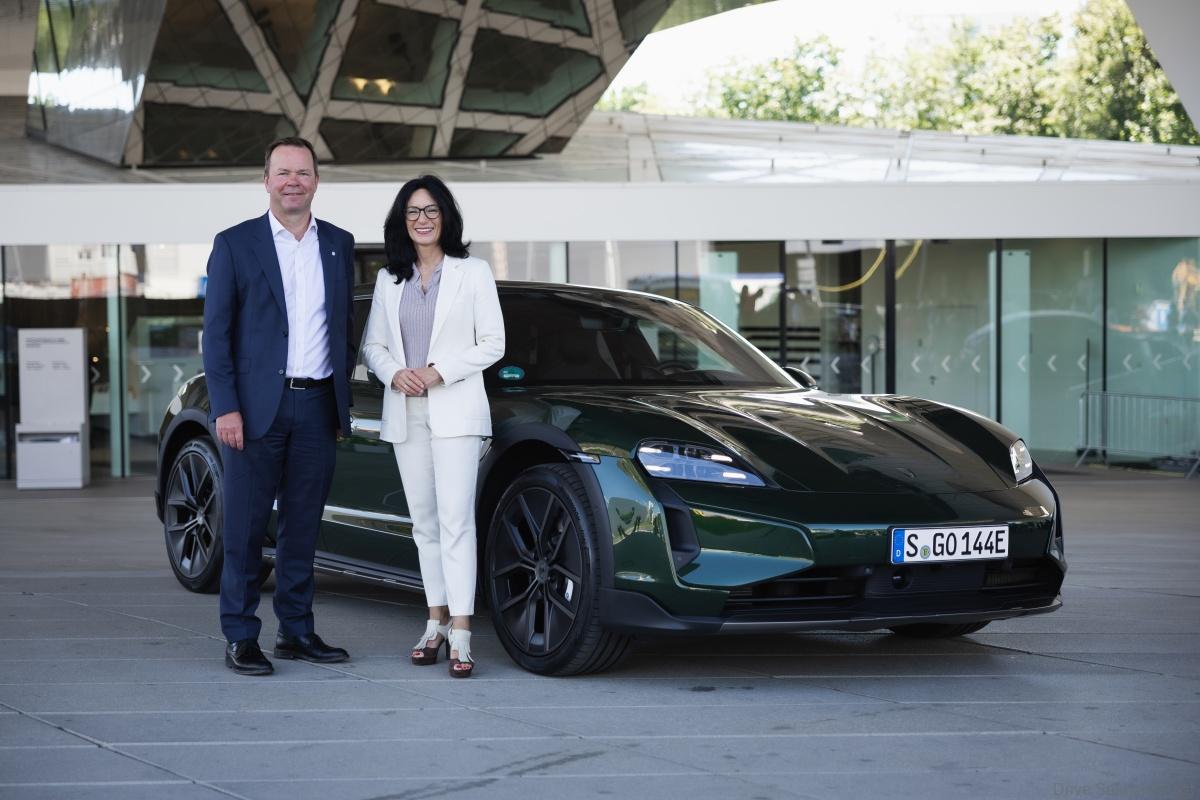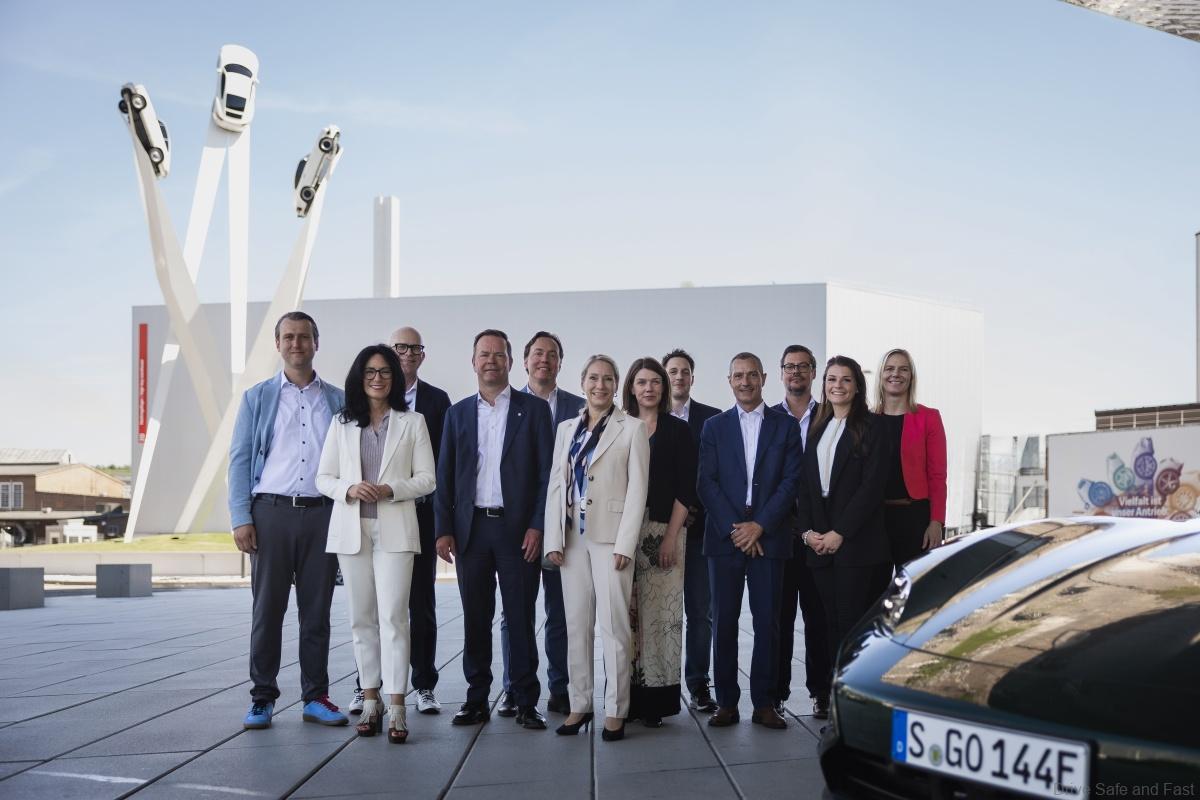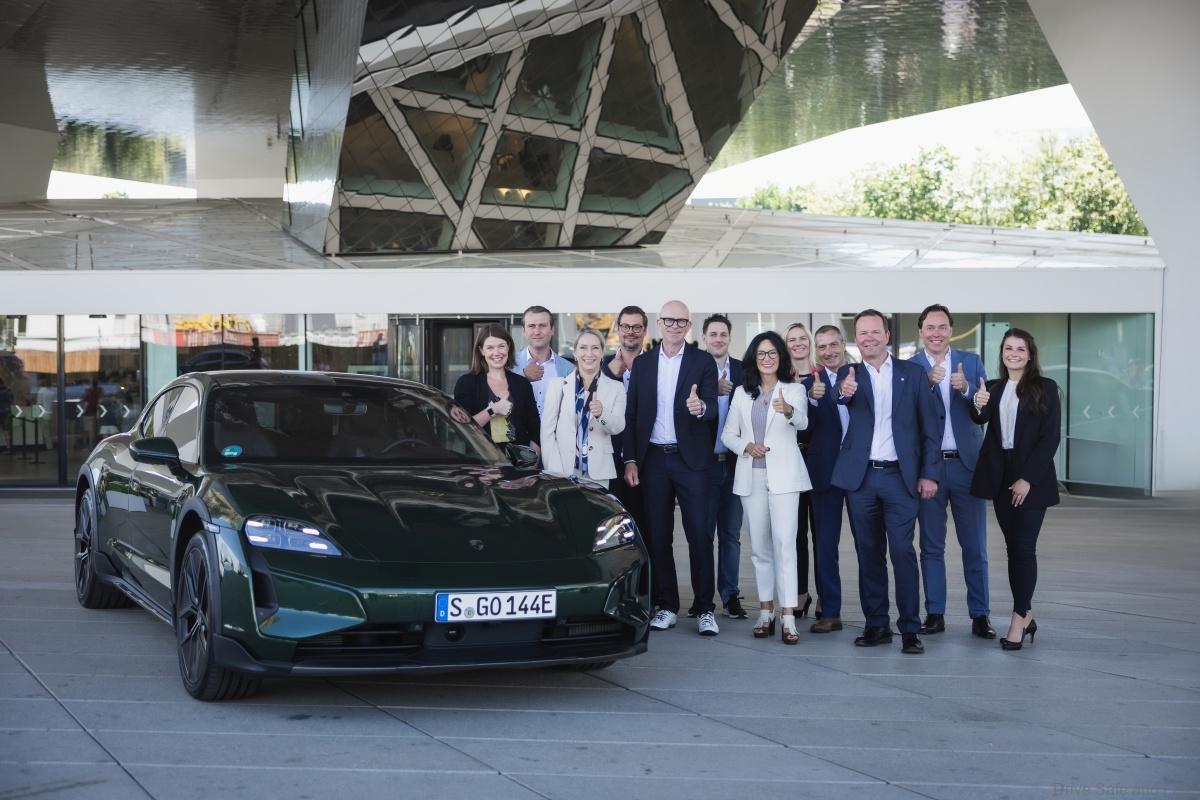Porsche is doing this in collaboration with Hydro
Porsche and Hydro have advanced their collaboration from a preliminary Letter of Intent (LOI) to concrete targets aimed at enhancing sustainability within the sports car production sector. Specifically, Porsche and its suppliers are committed to using carbon-reduced aluminium with a carbon footprint of less than 4 kg of CO₂ per kg of aluminium.

This aluminium will be produced using renewable energy sources, ensuring that the entire production chain contributes to reducing environmental impact. Hydro, operating in Norway, will manufacture the primary aluminium using electricity primarily sourced from renewable hydroelectric power.
Moreover, this approach drastically cuts the carbon footprint of the light alloy by approximately 75 percent compared to the global average of primary aluminium production. The carbon footprint encompasses all greenhouse gas emissions generated from mining to the production of the raw material.
Beyond minimising emissions associated with primary aluminium production, Porsche and Hydro are also targeting an increase in the use of secondary materials sourced from post-consumer scrap to further push for their goals.

On top of that, by 2027/2028, Hydro aims to supply carbon-reduced aluminium with a recycled content of at least 75 percent. The partners are exploring opportunities to integrate even higher proportions of recycled materials into specific components of Porsche vehicles.
Barbara Frenkel, Executive Board Member for Procurement at Porsche AG, emphasises the significance of this partnership in Porsche’s journey towards decarbonization across its entire value chain. She highlights the transparency and responsible sourcing within Hydro’s aluminium supply chain as crucial to achieving sustainable procurement goals.
What’s more, Eivind Kallevik, President and CEO of Norsk Hydro, underscores the strategic importance of collaborating with Porsche in revolutionising sustainability within the aluminium industry. This long-term partnership aims to drive innovation in solutions and business models that promote decarbonization and circularity within the automotive sector.

Aluminium’s role as a lightweight material is pivotal, particularly in electric vehicles like the Porsche Taycan, where it constitutes approximately 30 percent of the vehicle’s total weight. Notably, the entire shell of the Taycan, aside from its front and rear aprons, is constructed from aluminium, underscoring its importance in enhancing vehicle efficiency and performance.
The collaboration between Porsche and Hydro marks a significant milestone in advancing sustainable practices within the automotive industry. By focusing on carbon-reduced aluminium and increasing the use of recycled materials, the partnership not only aims to reduce environmental impact but also sets a precedent for sustainable innovation in automotive manufacturing.

